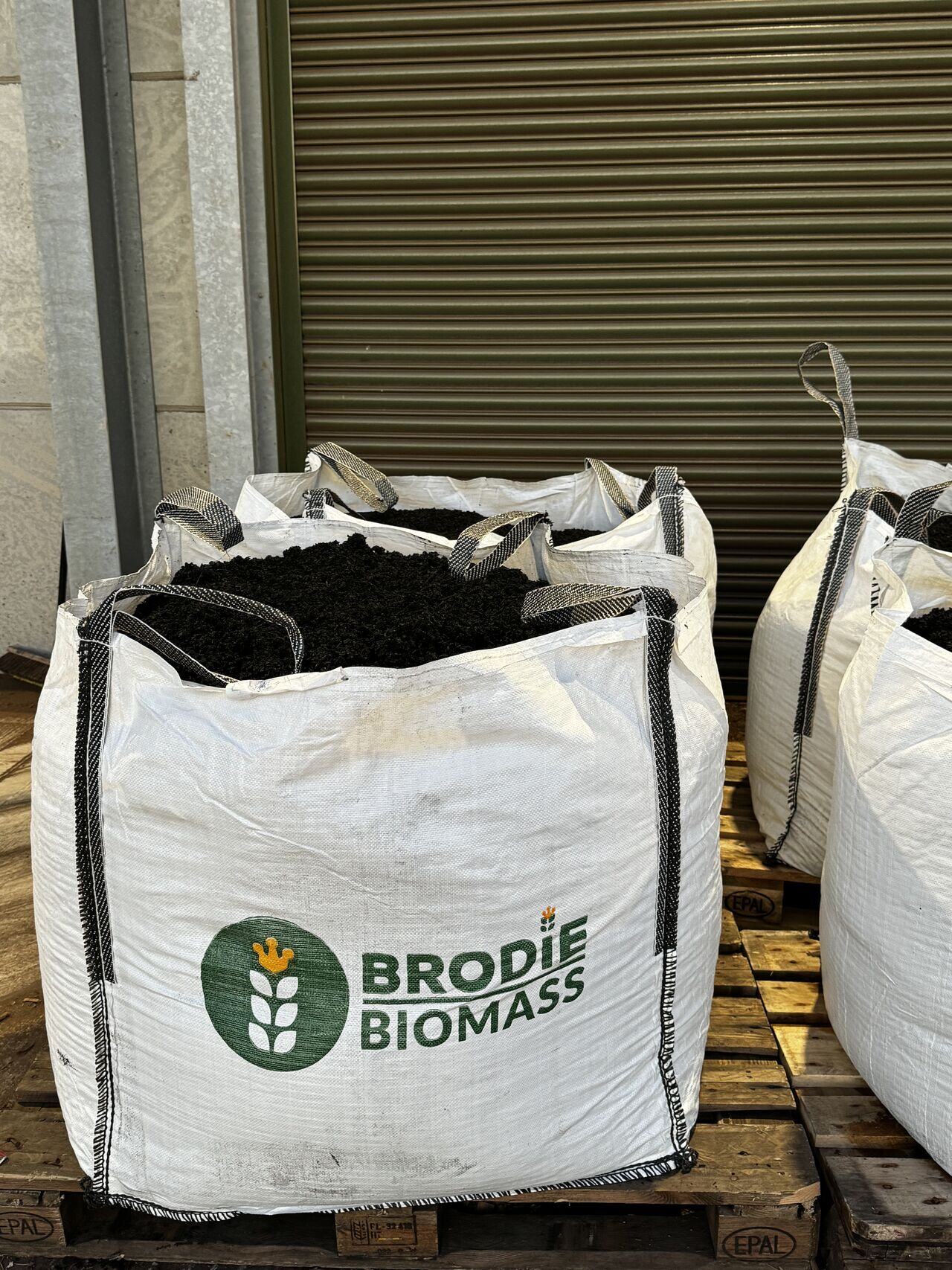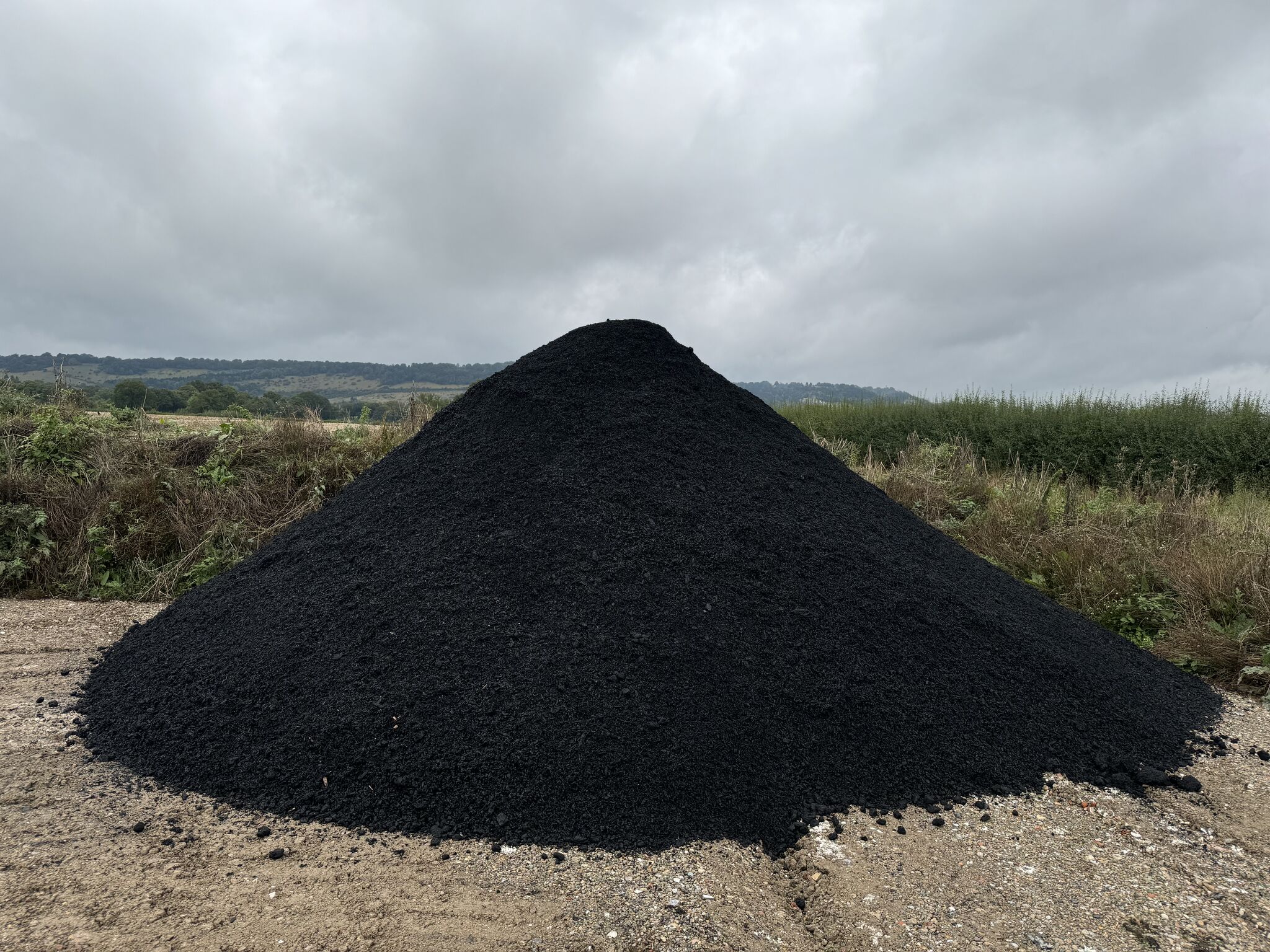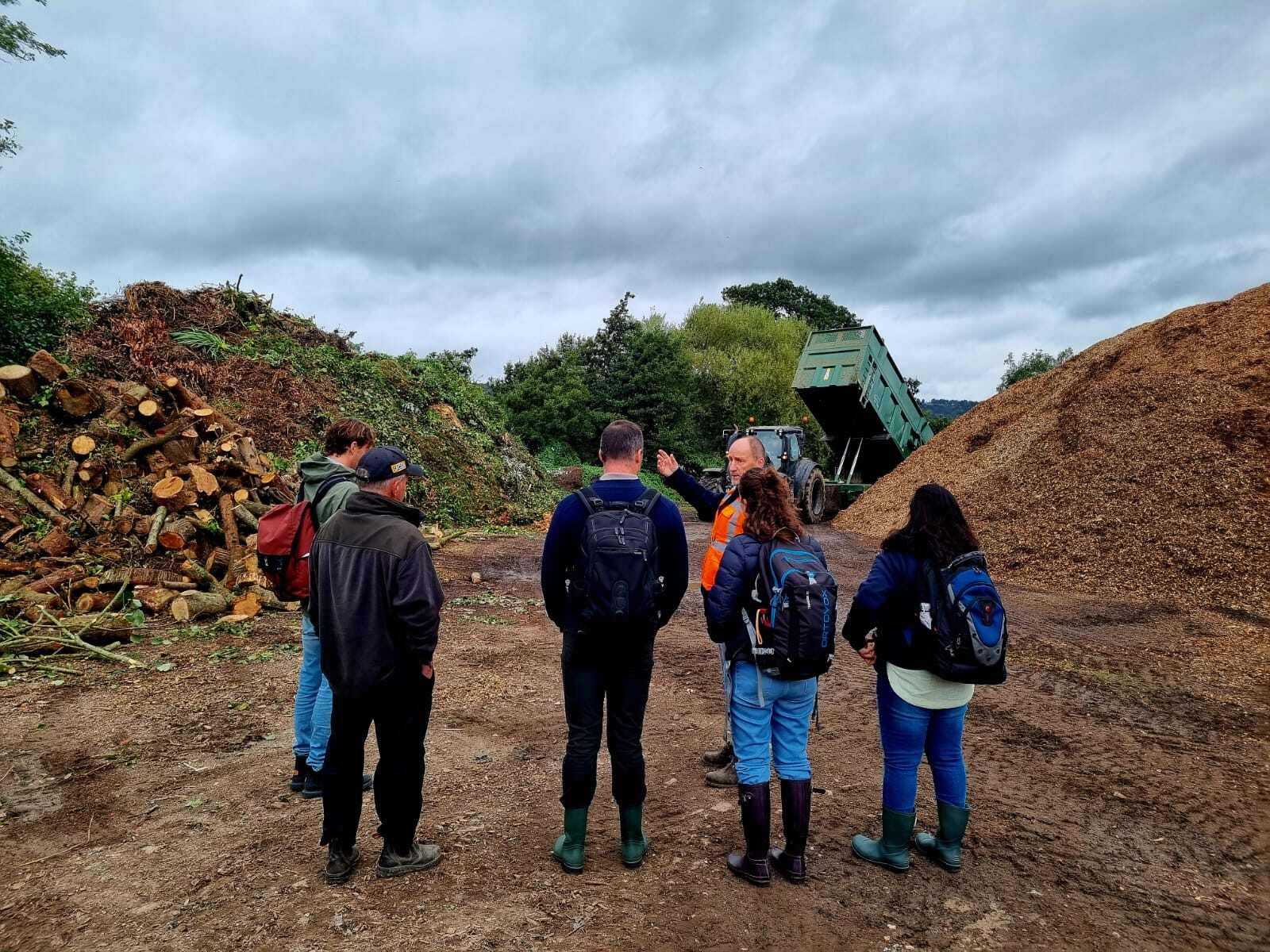
Brodie Biomass
- Standard: Puro.Earth
- Methodology: Biochar
- Credit Type: CORC 100 +
- Facility ID: 680422
- Location: United Kingdom
- Year of first issuance: 2025
- Status: Development
- Audit year: N/A
- Spot Inventory: No
- Forward Inventory: Yes
Description
Brodie Biomass is dedicated to sustainable farming and environmental stewardship through biochar production. Located near Brockham in Surrey, England, the family-owned facility utilizes locally sourced timber offcuts and coppiced wood to create high-quality biochar. The biochar is used on their own farmlands to enhance soil quality and crop yields and sold to neighboring farmers and garden centers. The company's innovative pyrolysis technology supports a zero-waste approach, transforming wood residues into valuable compost blends.
Application
- Agriculture: Biochar is applied to BBL's own fields to improve soil health and crop yields
- Retail: Biochar and biochar-compost blends are sold to local farmers and garden centers.
- Water Filtration: Investigating biochar use for cleaning lakes and ponds, then returning it to the land as activated material.
Co-benefits
- Conversion of timber offcuts and coppiced wood into biochar instead of fuel. Improvement of soil quality and crop yields on their own farmlands.
- Reduction of greenhouse gas emissions by avoiding the burning of wood residues.Reduction of reliance on chemical fertilizers and pesticides.
- Creation of green jobs in the local community.
Additionality
The revenues from the certification sales plays a key role for for BBL to be able to:
- Support the biochar production and distribution process.
- Finance the addition of new pyrolysis units to increase production capacity.
- Expand into new retail channels, making biochar and biochar composts more accessible to the public.
- Distribute biochar at competitive prices, enhancing local agricultural practices and sustainability efforts.

.jpeg)
